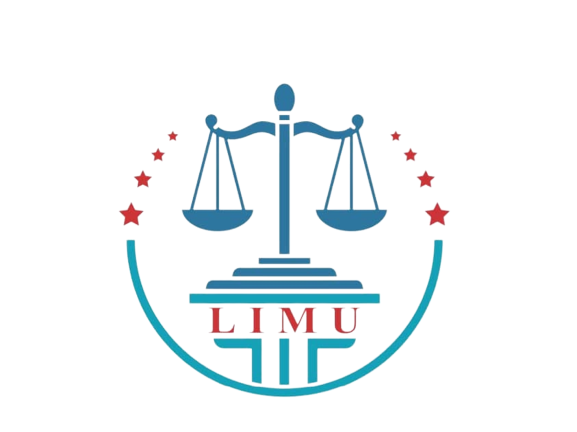
Faculty of Law
Vision
The faculty of Law, with its academic and administrative staff, seeks to become a distinct destination for legal education according to modern and contemporary learning standards in the legal sciences. This is accomplished through launching exceptional academic programs and applying local and international quality standards according to the most important centers of international accreditation in Britain, France, and the United States of America.
Mission
Disseminate legal knowledge and consolidate the base of genuine and innovative scientific research, thus contributing to the achievement of the University’s policy of efficiently developing qualified cadres to assume legal and judicial functions, working in various legal fields, meeting the diverse and renewable needs of the labor market and integrating into the legal labor market.
Goals
- Students acquire advanced skills and knowledge in various branches of law.
- Provide an interactive environment that motivates and encourages students to learn self-learning skills.
- Develop the capacity of students to conduct meaningful and genuine scientific research in various branches of law.
- Meeting the requirements and needs of legal departments and institutions in the labor market.
- Enhance students’ awareness of the importance of the role of law and a sense of responsibility towards society.
What are the criteria for choosing a faculty course?
Legal courses were selected to provide students with skills that keep pace with the requirements of the labor market for law graduates, such as familiarity with legal terminology in English, which increases their ability to work in the field of legal translation.
It also helps keep abreast of new laws issued by the legislature and international agreements, so they become part of the curricula so that they may be studied and aware of their positive and negative aspects, which will enhance the students’ ability to keep up with the domestic and international legal scene.
What are the methods of teaching in the Faculty of Law of the International University?
PBL (Problem-Based Learning) Explanatory Methods .
Case-based learning (CBL).
Research-based learning (RBL).
Team-based learning (TBL).
Critical thinking learning for the student.
Lectures are fully displayed via PowerPoint slide show.
Is there a practical and practical aspect to the study of law?
Practical training for graduate students in law and legal affairs offices of companies, banks, hospitals, the Union of Public Notaries and international and local civil society organizations.
Is there any consideration given to building the capacity of law students during their studies?
Learn with the Moodle platform.
Effective partnership with the International University School of Information Technology in teaching a course (computer skills) and obtaining the required ICDL in the labor market.
And what is the language of study?
A combination of Arabic and English language with 60% of the total Arabic courses and 40% of the total English courses.
And what is the study system? Quarterly or yearly?
The system of study consists of eight classrooms, each of which includes six courses of study, including compulsory, general and specialized courses. In addition, the student specializes in one of the law’s branches during his studies in the seventh and eighth grades at the graduate level.
And what is a grading and rating system?
According to the latest international standards for evaluation, students’ grades are divided on their participation in the PBL system, as well as on the electronic platform Moodle, Presentations, Oral Exam, as well as Written Partial and Final Exam.
What are the requirements for graduation?
In addition, the requirement for the International University for Graduation is complemented by the presence and participation of volunteer work for a total of 40 hours, five hours per semester, in order to enhance the student’s societal responsibility, participation in community civic work, and attendance at seminars, panels, and other activities in coordination with the student union office of the university.
